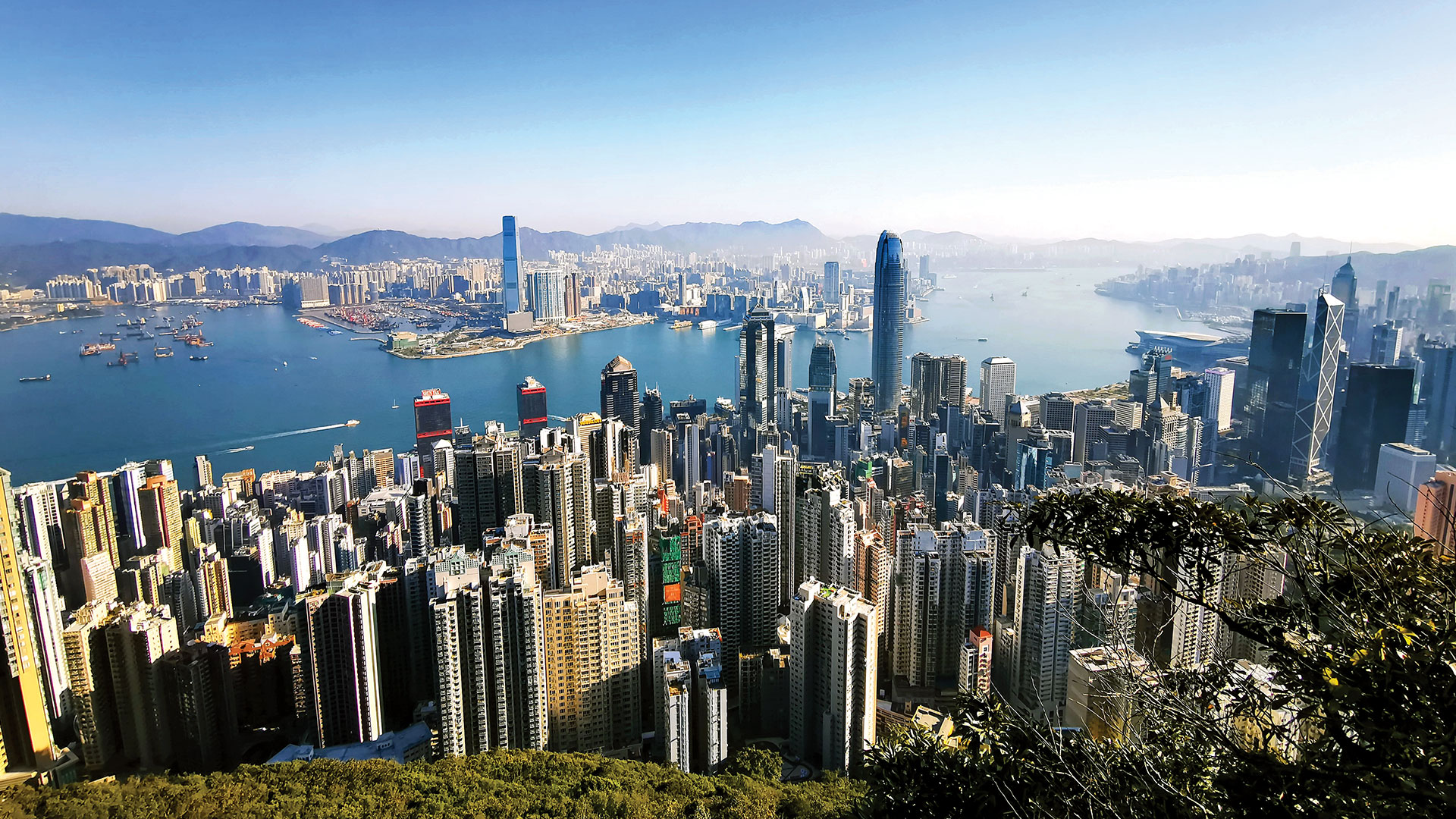In the annual financial market rankings of world cities, Hong Kong has proudly taken its place in the global elite for decades, usually just behind New York and London. While there is no denying it recently experienced difficult times, few can doubt that Hong Kong remains a great place to live, work and play. What makes it so compelling is possibly its uniqueness – a singular melting pot of cultures and traditions, of the metropolitan and the rugged, majestic country parks, of the local and the international.
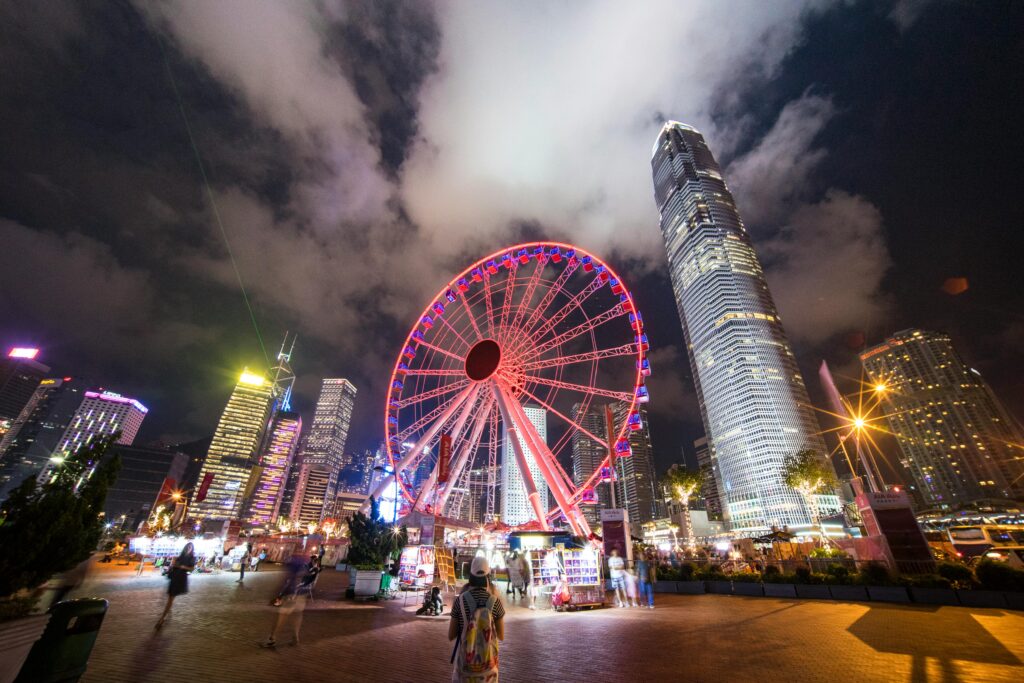
Financial powerhouse
Above all, it has a harbour like no other. It was this magnificent natural deep-water shelter that spawned its international trade links and led to its world prominence. Underpinning Hong Kong’s many strengths today is a world-class financial sector. The city is currently ranked fourth in the world on the Global Financial Centres Index and was placed second globally in economic freedom by leading think-tank Fraser Institute in 2023.
Hong Kong is an ideal place to invest and do business, says Louis Chan, Deputy Director of Research at the Hong Kong Trade Development Council, who cites various factors behind its ability to attract the global financial and business community. “Hong Kong is a free port and does not levy any customs tariff on imports or exports.
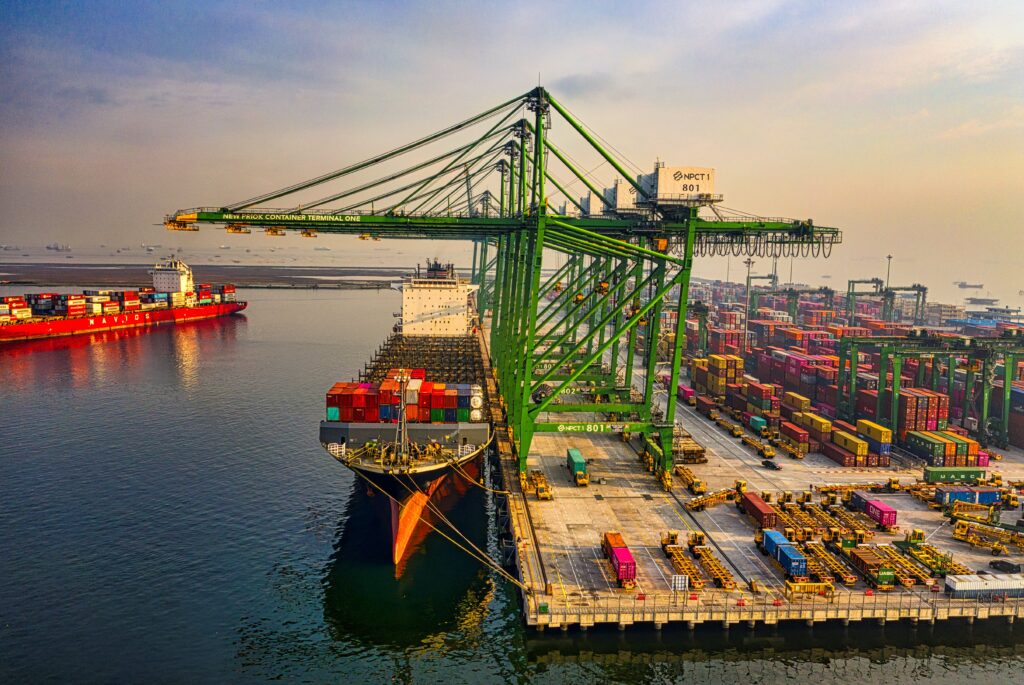
It operates a level-playing field and believes in upholding firmly the Rule of Law. There is complete freedom of capital movement and it has a clean and efficient government,” he notes.
A low and simple taxation system is also attractive for the business community. Its legal system is much vaunted as well: Hong Kong is the third most preferred seat for arbitration globally according to the 2021 International Arbitration Survey conducted by Queen Mary University of London.
Money talks
Chan reels off an impressive list of statistics that see Hong Kong right at the top of the tree in global finance: “According to the UNCTAD [United Nations Conference on Trade and Development] World Investment Report 2023, global FDI [foreign direct investment] inflows to Hong Kong amounted to US$117.7 billion in 2022, ranking fourth globally behind the United States (US$285.1 billion), mainland China (US$189.1 billion) and Singapore (US$141.2 billion).”
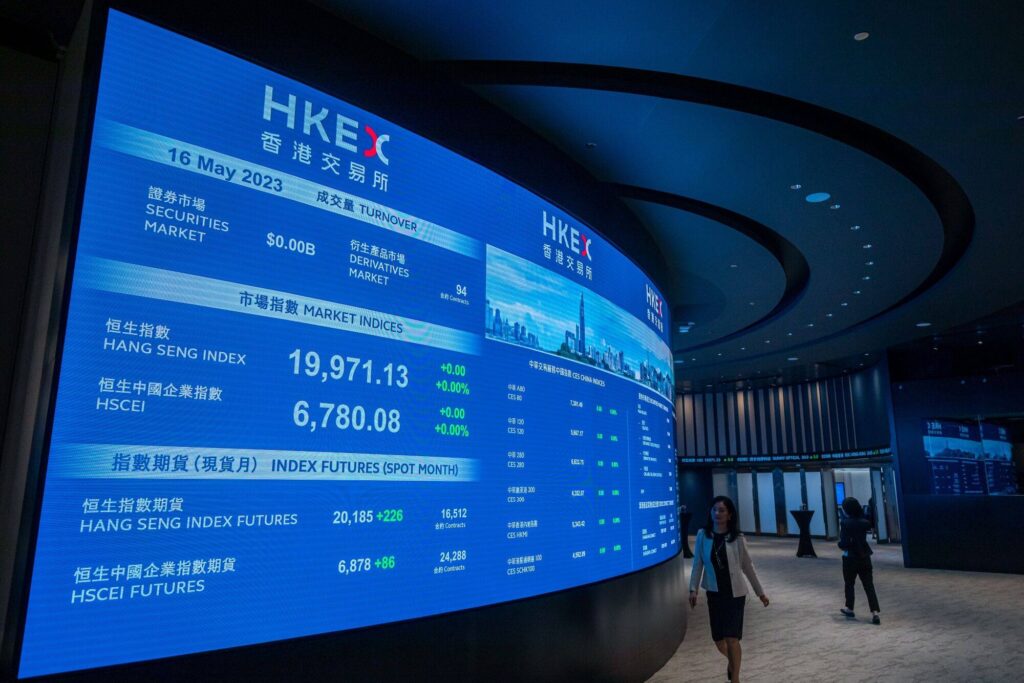
In 2022, Hong Kong was the world’s fifth- largest host of FDI stock, as well as the second- largest foreign exchange market in Asia and the fourth largest in the world. It is also the world’s largest offshore renminbi (RMB) business hub, with about 75% of the global offshore RMB processed via Hong Kong. At the end of March this year, the Hong Kong stock market ranked as the fourth biggest in Asia and the seventh in the world.
Well connected
According to Chan, Hong Kong’s world-class infrastructure and sophisticated support services play a vital role in this success, along with its proximity to other markets in Asia, including mainland China, ASEAN (the Association of Southeast Asian Nations) and the Asia-Pacific nations of RCEP (the Regional Comprehensive Economic Partnership) that form the world’s largest free-trade area.
Being the most open and international city in the Greater Bay Area (GBA) also brings advantages. The GBA’s economic size and growth, Mainland support policies, increased economic opening, better connectivity and more comprehensive people-centric policies, combined with Hong Kong’s position under ‘One Country-Two Systems’, means the city has a great future, according to Chan.
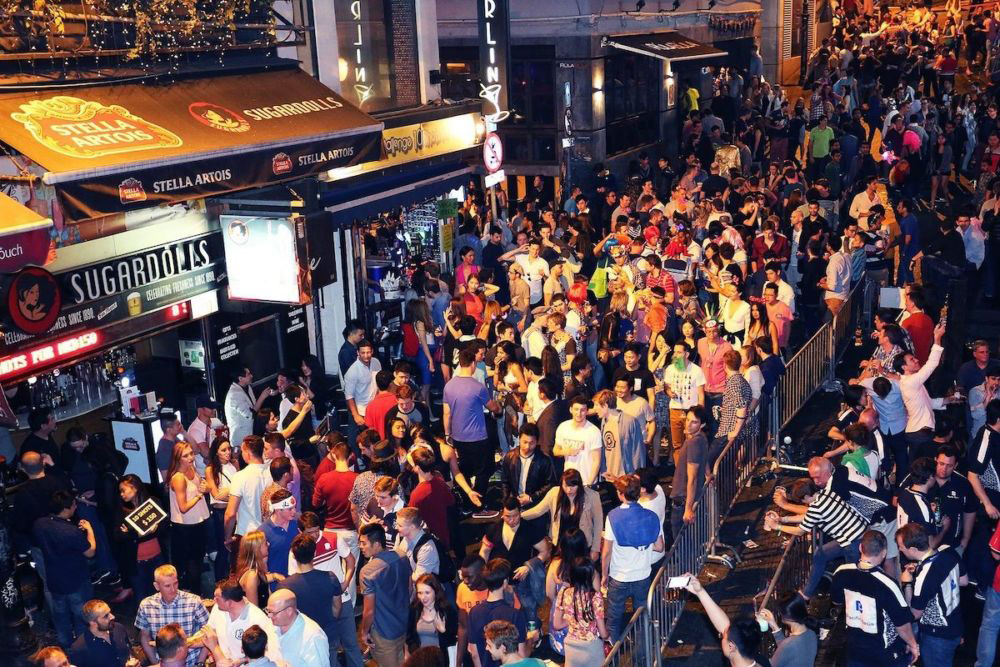
“The largest economic opportunity for Hong Kong today is extending its roles in the GBA and the rest of Mainland China from being a super-connector to a super value-adder by fostering international connectivity, both in terms of industry and market,” he says.
Expansion of the Hong Kong International Airport should cement its position as the world’s busiest terminal for international air cargo, with the new three-runway system due to open by the end of next year. Harking back to its origins, Hong Kong also remains one of the world’s busiest ports, ranking ninth in terms of container throughput in 2022.
Top talent
Other important factors contribute to Hong Kong’s world status – including its pool of talent. The University of Hong Kong has unseated a top Singapore institution to reclaim its place as the second-best Asian university, behind only Peking University, according to the QS Asia University Rankings for 2024. Indeed, five Hong Kong universities rank in the World Top 100 according to QS.
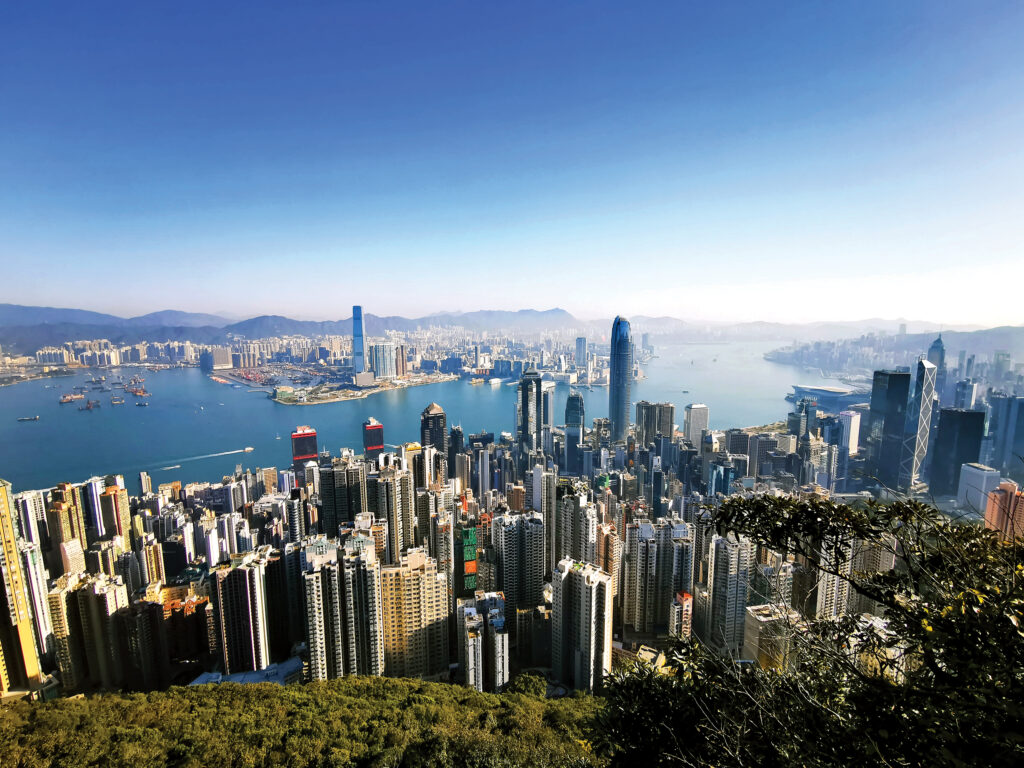
Hong Kong offers various schemes to attract talent; just one example is the Global STEM Professorship Scheme, which is designed to attract world-renowned scholars to engage in information and technology-related teaching and research in the city.
Investing in the future
Developing Hong Kong expertise in innovation and technology (I&T) is high on the agenda for future success. The government has ploughed more than US$19 billion into I&T development since 2017, aiming to create one of the most important I&T centres worldwide. Hong Kong is also Asia’s second- largest fundraising centre for biotechnology, with close to 4,000 start-ups as of 2022.
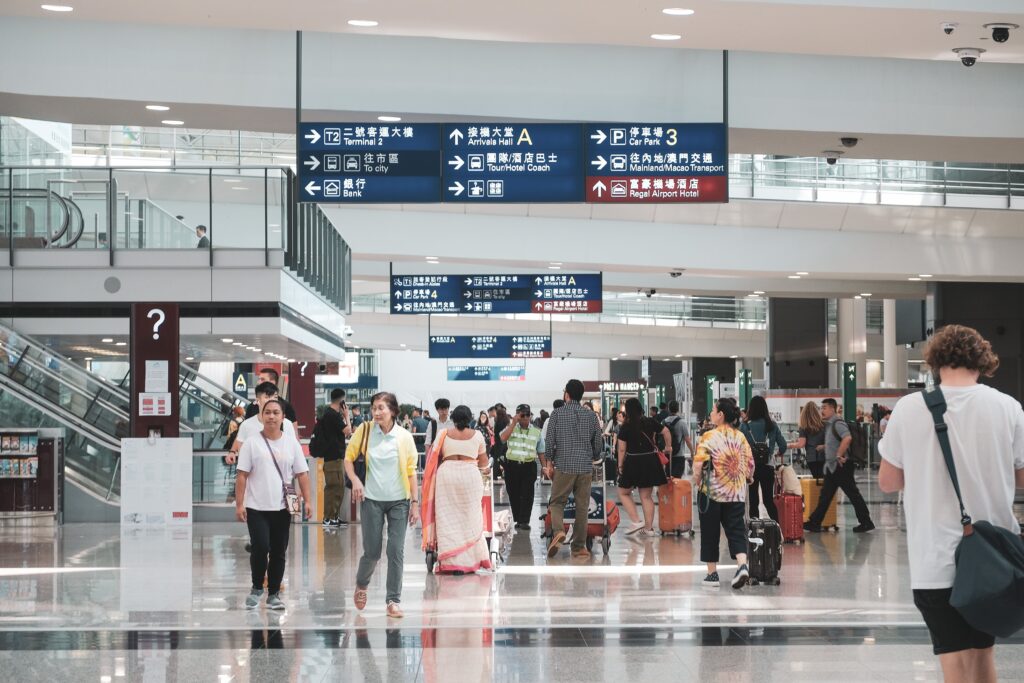
The city also aspires to be a global capital for clinical trials and the development of new drugs and medical treatments. Chan notes the establishment of the InnoLife Healthtech Hub in the Hong Kong- Shenzhen Innovation and Technology Park will leverage Hong Kong’s strengths in life and health sciences.
The good life
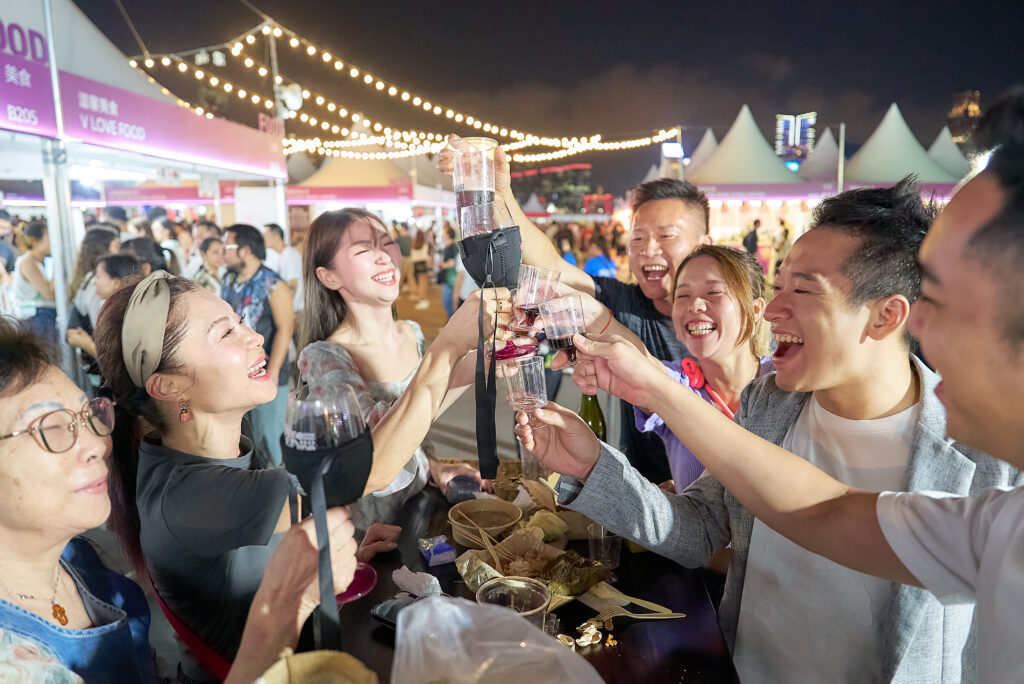
Hong Kong’s blend of diversity and international cosmopolitan lifestyle draw in highly skilled talent. “What makes the city even more attractive is its East-meets-West culture characterised by a fascinating mix of old and new,” opines Chan. It is famous for its superb range of culinary delights and can boast some of the finest restaurants a city has to offer. Its broad, deep pool of world- class talent in finance, tourism, architecture and other sectors benefits from living in a fast-paced city where good food and fine wine are plentiful and beautiful scenery of rolling hills and restful waters is easily enjoyed. A plethora of music and entertainment venues also enhance the joie de vivre.
Arts smart
Acknowledged as a major centre for arts and culture, Hong Kong is now ranked as one of the three largest art markets in the world alongside London and New York. The likes of Art Basel, Le French May, the International Arts Carnival, International Jazz Festival and International Arts & Collectibles Expo, to name just a few, headline a top-notch arts calendar. “These annual events provide art enthusiasts with a platform not just to immerse in the arts, but also to connect with like-minded individuals and talents from around the globe,” says Chan.

National policy aims to reinforce Hong Kong’s status as an East and West cultural melting pot, and the city is set to host the GBA Culture and Arts Festival next year. The West Kowloon Cultural District continues to develop a global reputation, spearheaded by the iconic M+, Asia’s first museum of contemporary visual culture, and the Hong Kong Palace Museum. The latter, says Chan, “boasts more than 900 priceless artefacts from Beijing’s Palace Museum – many of which will be on display in Hong Kong for the first time, while others have never been showcased to the world before”.
Creating and competing
Hong Kong still retains its flair for creative arts and cherishes the artisans and craftspeople who embellish its thriving local arts scene. Other traditional strengths, including the film industry, are set to receive a shot in the arm through a HK$4.3 billion injection into the Film Development Fund and the CreateSmart Initiative, which nurtures Hong Kong as a regional culture capital.

Sporting prowess, which in years gone by received little recognition, is now being cultivated as Hong Kong embraces its standing as a well- rounded world city. Athletes and sports stars are now performing admirably at international competitions, and a major state-of-the-art sports complex is due to open next year at Kai Tak in good time to co-host the 2025 National Games.



